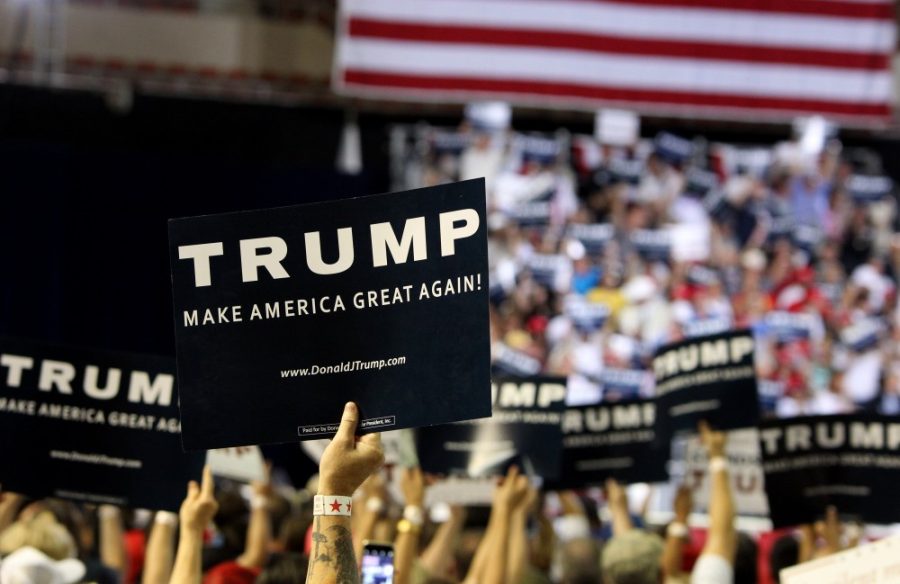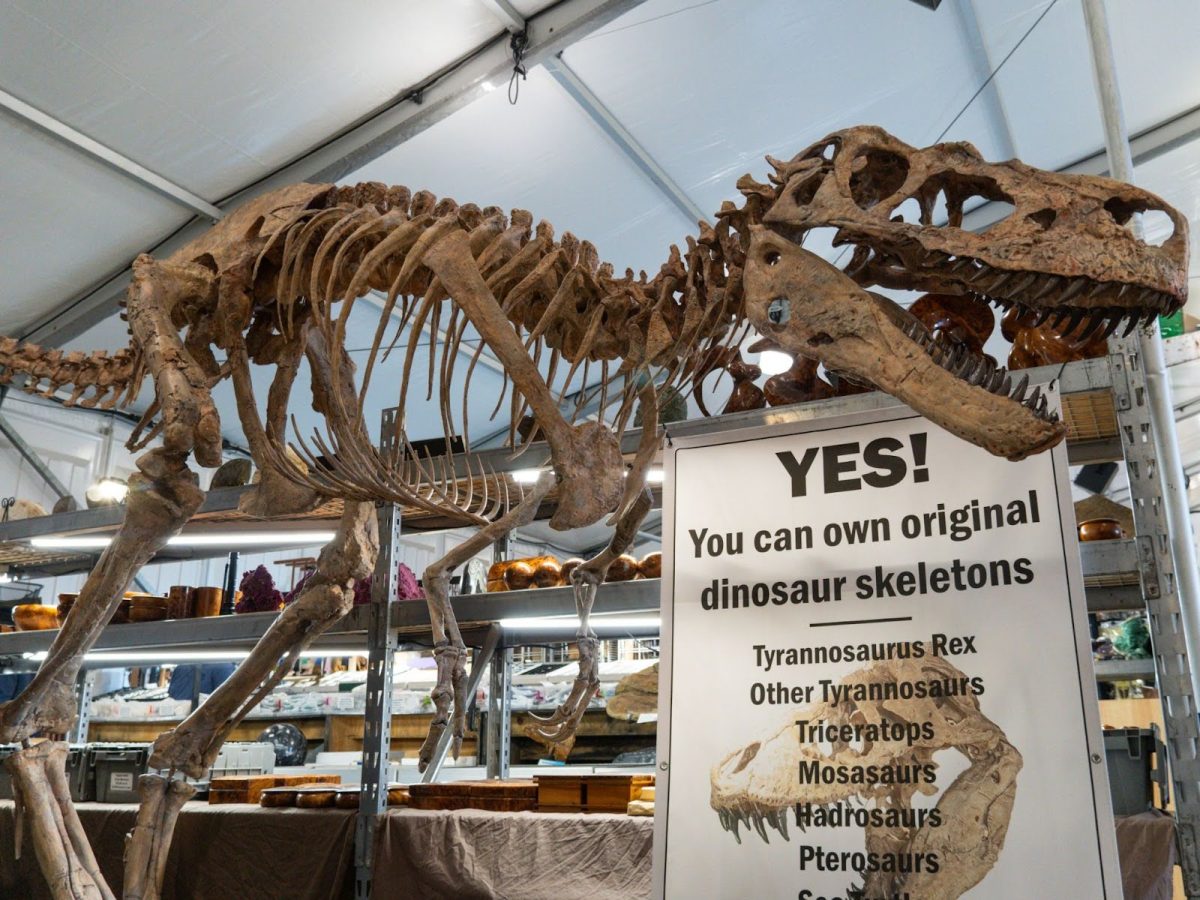As you inevitably know, we have an upcoming election, and if you choose to vote, you will not only have the option to cast a vote for president but you’ll also cast a vote for your local congressman and — depending on the state you are registered in — for senate. Unfortunately, many people in this upcoming election will vote for their congressman based on how they feel about a party’s presidential nominee.
The American two-party system has been a cornerstone of our democratic process for over two centuries now, and it applies at all levels of government. Local, state and national political figures are almost always associated with a political party, and to rise to a high position, a candidate usually needs Democratic or Republican registration.
RELATED: Donald Trump fundamentally misunderstands late-term abortion
Today, there are no independent members of the House of Representatives and there are only two independent senators.
Political parties essentially present themselves as holding concrete ideologies with uniform adherence to party policy standards among their members. Voters without the time or temperament to become informed on each candidate’s policies often choose a party who most aligns with their own sense of how the government should function and then simply vote along party lines.
The simplified political strategy these voters are practicing holds serious consequences for election outcomes and forces politicians to appeal to the lowest common denominator of voters or risk angering their party and voter base.
For starters, a party’s platform often changes during a presidential election because the party’s nominee wields an incredible amount of influence over the future direction of the party. An extremist nominee will cause the party to advocate for extremist policies, and a moderate nominee will cause the party to become more moderate.
RELATED: The third and final debate
This rapid shift in policy can be difficult for politicians to adjust to, especially for those who adhere to more moderate views.
The difficulties arising from this situation are often experienced by senators and congressmen whose names are on the same ballot as the presidential nominees. Their party may move toward policies which a moderate politician seeking re-election adamantly opposes as part of their platform.
This straw man I’m referring to will find themselves guilty by association. Despite the politician’s beliefs and service record, an image spoils easily in the eyes of many party hardliners. This can ruin a political career and deprive our nation of some of its most effective and honest legislators.
If a politician finds themselves in a situation where they’re very moderate and their party becomes more extreme — or vice versa — there’s little for a candidate to do.
While changing parties, known as party switching, may seem like a feasible solution, there are dangerous stigmas attached. The politician will be viewed as a traitor by his previous base, and many in his new party will doubt the politicians motives. Because of this, party switching rarely occurs.
There’s not an easy solution to resolving the problem of congressional and presidential elections occurring at the same time.
We could theoretically change when each office is elected, but it would require an overhaul in our political process, an overhaul unlikely to take place. Politicians could switch parties to avoid having their name tainted, but the resulting suspicion dissuades many. They could also attempt to distance themselves from their party’s platform, but sending a political message costs money and appealing to the party donors often goes hand in hand with sticking to the party line.
Ultimately, politicians are trapped in a system where outcomes are judged by the policies their party’s candidate advocates for.
Follow Jackson Morrison on Twitter.









